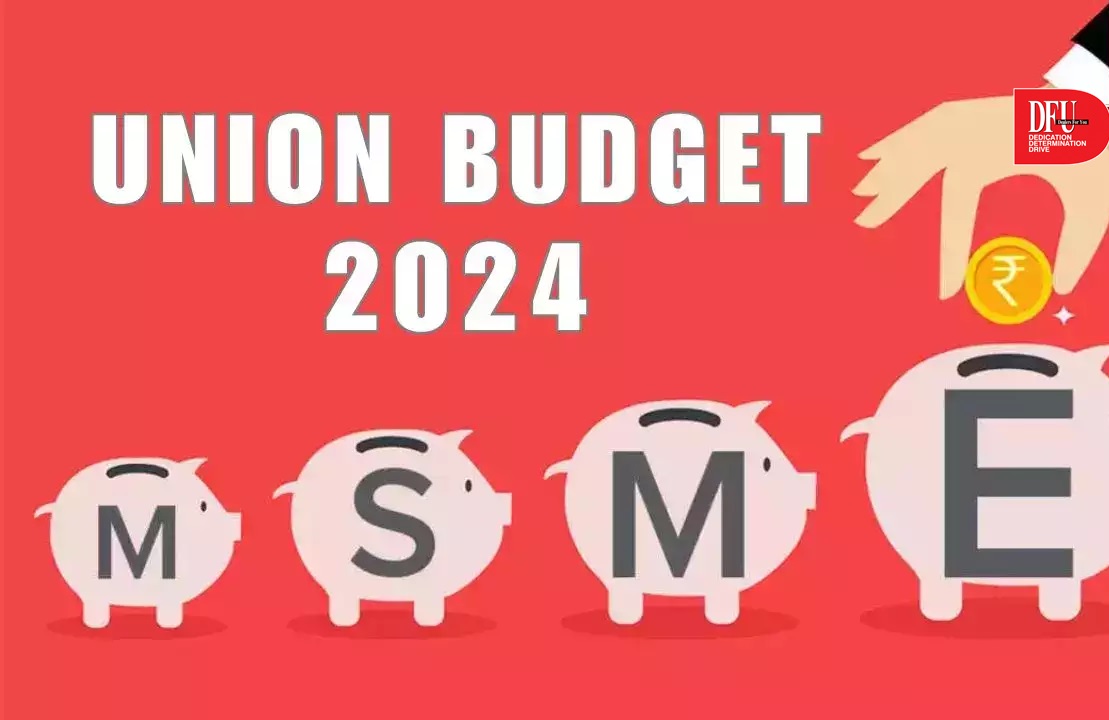
The EU's Textiles, Clothing, Leather, and Footwear (TCLF) sectors are urging future EU policymakers to enhance their efforts to safeguard these industries, which provide over 1.5 million jobs and generate a combined turnover of more than €200 billion annually. The call comes from key industry players, including the European Confederation of the Footwear Industry (CEC), the European Confederation of the Leather Industry (Cotance), Euratex (the European Apparel and Textile Confederation), and industriAll Europe, all of whom have signed the Antwerp Declaration advocating for a European Industrial Deal.
The need for an EU industrial deal
The TCLF Social Partners stress the necessity of a comprehensive European Industrial Deal that complements the Green Deal, focusing on keeping quality jobs in Europe. The sectors face significant challenges such as intense global competition, high energy costs, an aging workforce, and a surge in new legislation. Given that over 99 per cent of companies in the TCLF sectors are SMEs, the call for increased support is critical to ensuring these industries can thrive amidst green and digital transitions.
Ensuring a just transition
A central demand is ensuring a just transition for TCLF industries and their workforce. The partners emphasize the importance of a robust industrial strategy that not only supports 'clean tech' investors but also aids in transforming existing industrial assets. This strategy should focus on maintaining and creating quality jobs, supported by a Just Transition framework that manages employment and skills effectively, provides security for companies and workers, and offers quality training.
Promoting skills development
A renewed industrial strategy must prioritize re-skilling and up-skilling. The TCLF sectors require a workforce equipped to handle new technologies and sustainable practices. Social partners play a crucial role in anticipating skills needs and organizing training, yet they need substantial support beyond existing frameworks like the EU Pact for Skills. Policies must attract young talent to the industry and ensure ongoing support for an aging workforce.
Enhancing social dialogue
Effective industrial transformation hinges on strong social dialogue. Sectoral social partners advocate for a regulatory environment that supports businesses and fosters mutually beneficial working conditions through collective bargaining and other mechanisms. Given the increase in EU legislation targeting TCLF sectors, it is vital that social partners are consulted appropriately, ensuring regulations are well-informed and sector-specific impact assessments are conducted.
Creating a stable regulatory environment
The TCLF sectors operate in a complex global market and require a stable and coherent regulatory environment to succeed. The EU must streamline and improve Single Market rules, enforce regulations uniformly, and conduct thorough impact assessments before proposing new legislation. These steps are essential to maintain the competitiveness of TCLF industries during their green and digital transitions.
Ensuring access to resources
Access to green and affordable energy is critical for TCLF sectors, especially in light of recent energy crises. Additional measures are necessary to secure decarbonized energy and ensure the sustainability of TCLF manufacturing. Beyond energy, securing access to raw materials with a focus on traceability and transparency is crucial, as is ensuring fair trade practices to prevent the influx of low-cost, non-compliant products.
Promoting fair trade
The TCLF Social Partners advocate for free and fair trade to maintain a level playing field. This includes preventing the dumping of low-cost products in the EU market and ensuring adherence to international labor laws and environmental standards. Support for SMEs in implementing new directives and regulations is also critical to maintaining competitiveness and sustainability.
Boosting demand for European products
Increasing demand for green TCLF products made in Europe is necessary to ensure economic sustainability. The partners support the production of high-quality, sustainable products, which should lead to decent wages and quality jobs. Incentives for consumers to buy European-made products and public procurement policies focusing on green and social production aspects are essential steps toward this goal.
The TCLF Social Partners are ready to collaborate with the new EU policymakers in the upcoming mandate (2024-2029) to implement an EU Industrial Deal that ensures the future competitiveness and sustainability of the TCLF sectors while safeguarding quality jobs across Europe.












